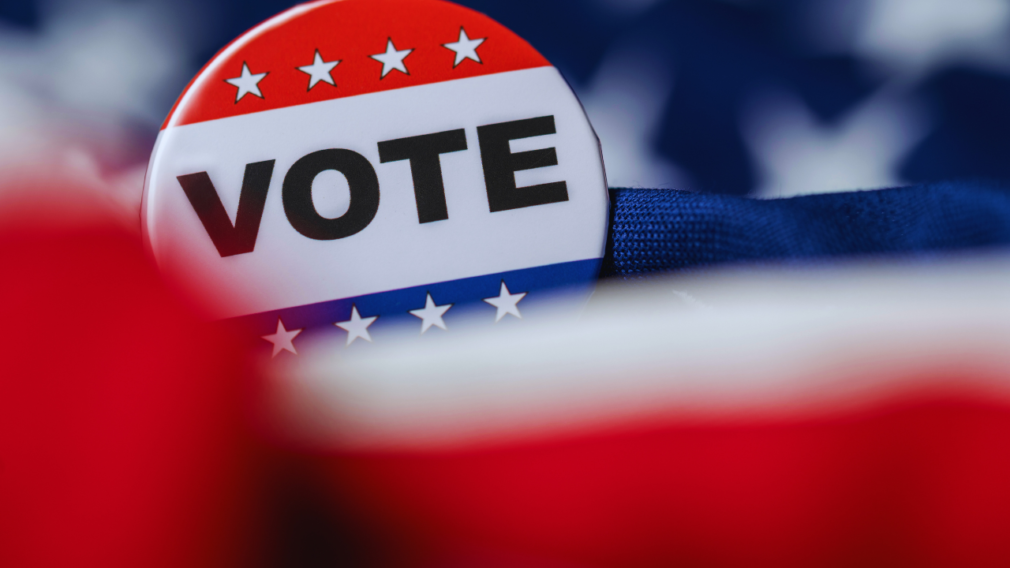CFTC Takes a Stance on Kalshi… Sort Of. Election Betting Lawsuit Dropped
Amid the prediction markets frenzy, it’s easy to forget a relic from a bygone era: the CFTC’s lawsuit against Kalshi over election betting. Or rather, “was,” as the agency has now withdrawn the case. What does this signal in today’s landscape?

A Dispute That Lost Its Purpose
The legal battle began when Kalshi self-certified its election outcome contracts in June 2023. By September, the CFTC banned Kalshi from offering and settling these contracts, citing concerns over illegal gambling and activities it deemed against the public interest.
Kalshi fired back with a lawsuit, arguing the CFTC overstepped its authority. D.C. District Court Judge Jia Cobb sided with Kalshi, ruling that Congress didn’t authorize the CFTC to conduct a “public interest” review. The CFTC appealed and sought an emergency stay to block the lower court’s ruling.
The D.C. Court of Appeals overturned the stay, allowing Kalshi to offer election contracts while the appeal was pending. Judge Patricia Millett called the case “close and difficult,” but the three-judge panel found the CFTC failed to show how election contracts could harm the public.
The D.C. Court of Appeals revisited arguments in January 2025, just before President Trump’s inauguration, but issued no ruling. Meanwhile, Kalshi expanded its products and footprint, with these markets proving their worth, logging billions in trading volume during November’s election cycle.
Other favorable developments for Kalshi followed. Donald Trump Jr. was named a strategic advisor, and Brian Quintenz, a Kalshi board member, was nominated as the next CFTC chairman.
The case ultimately fizzled out, losing any reason to persist. The CFTC, seemingly in agreement, filed a motion with the U.S. Court of Appeals for the D.C. Circuit to voluntarily dismiss the appeal. The motion, agreed upon by both parties, was uncontested.
The dismissal motion followed a 3-0 Commission vote in favor of dropping the appeal, with one commissioner abstaining.
Is This CFTC’s First Clear Stance on Prediction Markets?
Monday’s events could be seen as the first, perhaps strongest, sign of the CFTC’s new stance toward prediction platforms. Kalshi CEO Tarek Mansour hailed it as a victory on par with courtroom wins in Nevada and New Jersey.
“Election markets are here to stay. Prediction markets have been banned, censored, limited, and pushed out for decades. This win solidifies their right to exist and thrive. It really took a village. Thank you to everyone who was part of this, who stuck with us through the hard times, who traded our markets since early days, who sent countless comment letters, and who fought relentlessly on the frontline alongside Kalshi,” Mansour wrote.
Yet, it’s hard to say if this is truly the first or a deliberate signal of support. The case began under the Biden administration, and in the current climate of Trump’s second term, where he’s reportedly warmed to election betting and prediction markets for accurately predicting his win, an unfavorable ruling for Kalshi was unlikely. The case had to end, and it had to end in Kalshi’s favor.
As for signaling CFTC support for prediction markets, it’s murkier. With the April 30 roundtable canceled, this is undeniably positive news, suggesting the CFTC’s stance under its revamped roster aligns with expectations. As Bill King noted in Sports Business Journal, couldn’t the CFTC’s silence during Kalshi’s market offensive be taken as tacit approval?
Ultimately, the agency’s position on Kalshi and prediction markets seems quietly supportive. The lingering election betting issue was, in essence, a loose end to tie up, changing little in the grand scheme.
Will CFTC Grab the Hot Potato?
The debate over prediction markets’ legal status keeps shifting tones. Until recently, it was widely held that the CFTC should regulate them. This carried weighty implications, perhaps ones to untangle later, but sports organizations, operators, and state regulators flooded the CFTC with letters on the issue. The April roundtable was meant to clarify things, but its unexplained cancellation muddied the waters further.
Many now question whether the CFTC is the right body, or even capable, of handling this. Its cautious stance suggests it’s not eager to loudly claim oversight of this space.
Steve Ruddock from Straight to the Point offered a compelling view, asking whether an underfunded CFTC can realistically regulate prediction markets. He aptly cites the Pennsylvania Gaming Control Board, suggesting federal oversight would require building structures from scratch, ones already in place at the state level. The takeaway: with current staffing, the CFTC couldn’t meaningfully tackle prediction markets.
Kalshi’s court wins in Nevada and New Jersey are strong leverage for its Maryland case and future legal battles. But without proactive CFTC action, could the tide turn? It’s not out of the question.
Recommended
